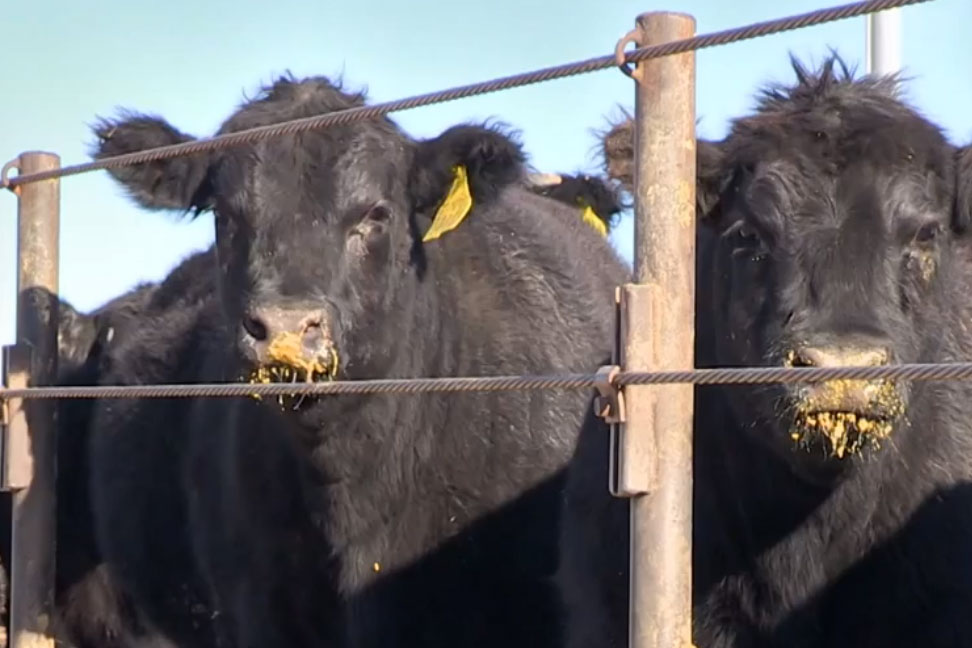 Stewardship of medically-important antimicrobial drugs in food-producing animals is the focus of 12 workshops organized across the United States by Farm Foundation, NFP.
Stewardship of medically-important antimicrobial drugs in food-producing animals is the focus of 12 workshops organized across the United States by Farm Foundation, NFP.
These regional workshops are an opportunity for livestock producers, their feed suppliers and veterinarians to gain a comprehensive understanding of two Guidance for Industry (GFIs) issued by the U.S. Food and Drug Administration (FDA) regarding the use of medically- important antimicrobial drugs in food-producing animals, as well as the FDA's revised Veterinary Feed Directive (VFD) rule. The workshops are also an opportunity for other stakeholders, such as state and federal agencies, colleges of veterinary medicine and university extension personnel, to gain insights into the changes needed to meet the requirements.
Successful adaptation to the policy changes is critical to public and animal health, ensuring consumer confidence in food safety and the future viability of animal agriculture in the United States. "The success of achieving this goal--for both public health and the economic health of animal agriculture--hinges on producers having access to the information they need to adjust production practices, and the capacity of veterinarians to provide the additional oversight needed," says Farm Foundation President Neil Conklin.
The workshops will be Aug. 14 in Raleigh, NC; Aug. 18, Dover, DE; Aug. 20, Albany, NY; Aug. 25, Birmingham, AL; Sept. 9, Flagstaff, AZ; Sept. 11, Amarillo, TX; Sept. 16, Ames, IA; Sept. 28, Denver, CO; Oct. 6, Davis, CA; Oct. 13, Rapid City, SD; Oct. 15, Twin Falls, ID; and Oct. 22, Lexington, KY. Details on each location will be available on the Farm Foundation website.
The one-day workshops will include presentations by producer leaders, the local veterinary community, and representatives from the regional feed industry, as well as comments from officials of FDA and USDA's Animal and Plant Health Inspection Service (APHIS). A major part of the agenda is designated for producers, veterinarians and feed suppliers to identify and discuss the management challenges ahead.
Comments gathered at the 12 workshops will be compiled in a report assessing the economic and physical challenges facing producers as they implement the GFIs and revised VFD. Informational and educational needs will also be evaluated, as well as the role of veterinarians in monitoring and managing antimicrobial drug use.
Farm Foundation will convene a national summit in late fall 2015 for farmers, ranchers, feed suppliers, veterinarians, academics and government agency staff to address the issues identified in the regional workshops. This will also be an opportunity to advance the conversation on the industry's adaptation to the changing landscape of antimicrobial drug use.
Many producers and businesses across the entire food and agricultural value chain have already taken action to reduce the use of medically-important antimicrobial drugs in food animal production. FDA's GFI 209 and GFI 213 call on animal drug sponsors of approved medically-important antimicrobial drugs administered through medicated feed or water to remove production uses (i.e., to promote growth or improve feed efficiency) from their product labels, and bring the remaining therapeutic uses of these products--to treat, control, or prevent disease--under the oversight of a veterinarian by the end of December 2016. Manufacturers of products containing these medically-important antimicrobial drugs have voluntarily agreed to submit changes to their product labels to comply with the GFIs. Additionally, FDA revised the Veterinary Feed Directive (VFD) to facilitate the increased veterinary oversight of medicated feeds called for by GFI 209 and 213. As a result, by the end of 2016, administration of these products to food-producing animals will be restricted to use by or on the order of a licensed veterinarian.
Click here to see more...